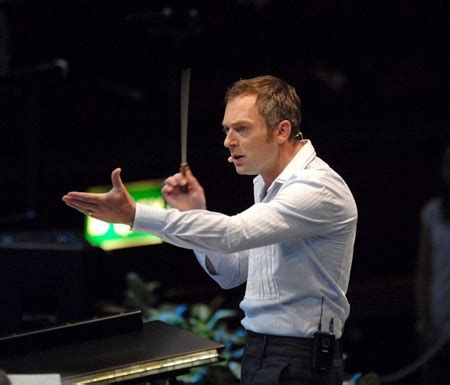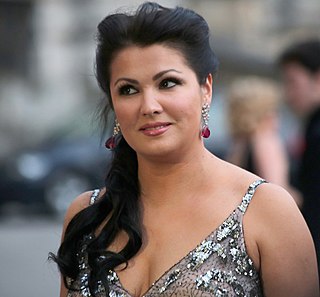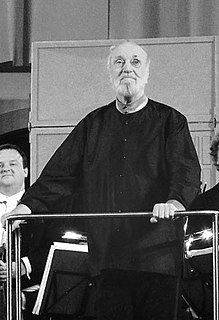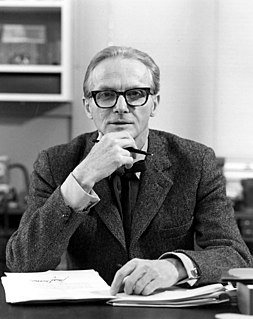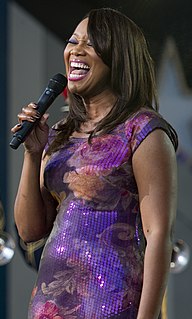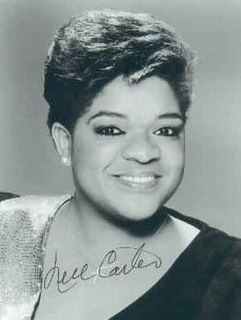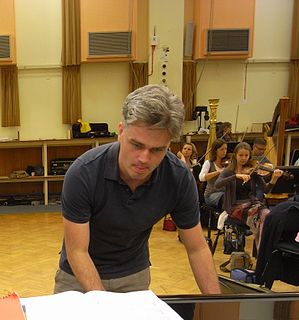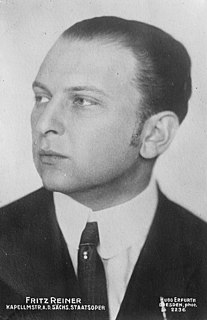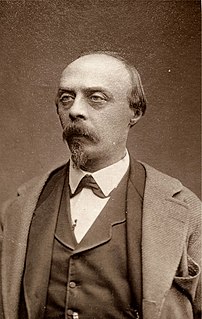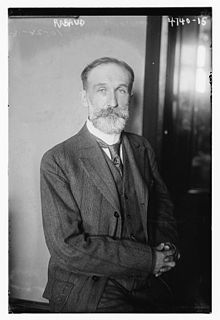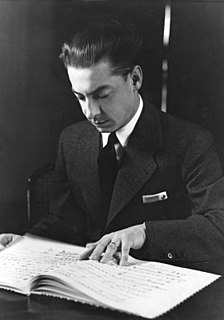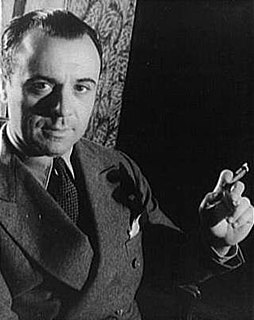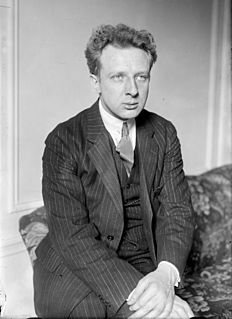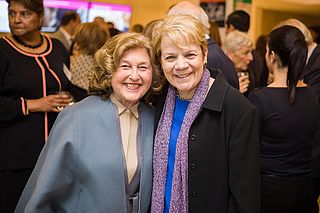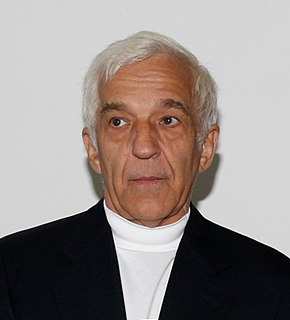A Quote by Neeme Jarvi
I have had much pleasure in working with Orphei Drängar during my time as chief conductor of the Gothenburg Symphony Orchestra, and I consider OD to be one of the most brilliant men´s choirs in the world. The singers are highly professional and their repertoire is of a very wide range, but then they have been trained for years by Eric Ericson, the world´s leading choir conductor. I also admire the strength and the beauty of their voices. OD is an extraordinary powerful choir!
Quote Topics
Related Quotes
There are two types of conductors. One is the good conductor who can do passionate music but also listen to the singers and do the orchestra. And then there are great conductors, who have their own opinion on the music, who are ruling everything - and not listening much to the singers, but the orchestra play amazingly.
Kurt Cobain OD'd on heroin before committing suicide, but he also OD'd on fame. Cobain was like Basquiat: They both wanted to be famous, and were brilliant enough to make it happen. But then what? Drug addicts kill themselves trying to get that feeling they got from their first high, looking for an experience they'll never get again. In his suicide note, Cobain asked himself, "Why don't you just enjoy it?" and then answered, "I don't know!" It's amazing how much of a mindfuck success can be.
Have you seen a symphony orchestra? There is a person at the back carrying a triangle. Now and again the conductor will point to him or her and that person will play "ting." That might seem so insignificant, but in the conception of the composer something irreplaceable would be lost to the total beauty of the symphony if that "ting" did not happen.
What appeals to me about an American music directorship is the involvement of the conductor with the orchestra and the community. I think that's a fantastic thing. In Europe, being principal conductor means merely that you're the person who does most of the concerts. For me, that simply isn't enough.


